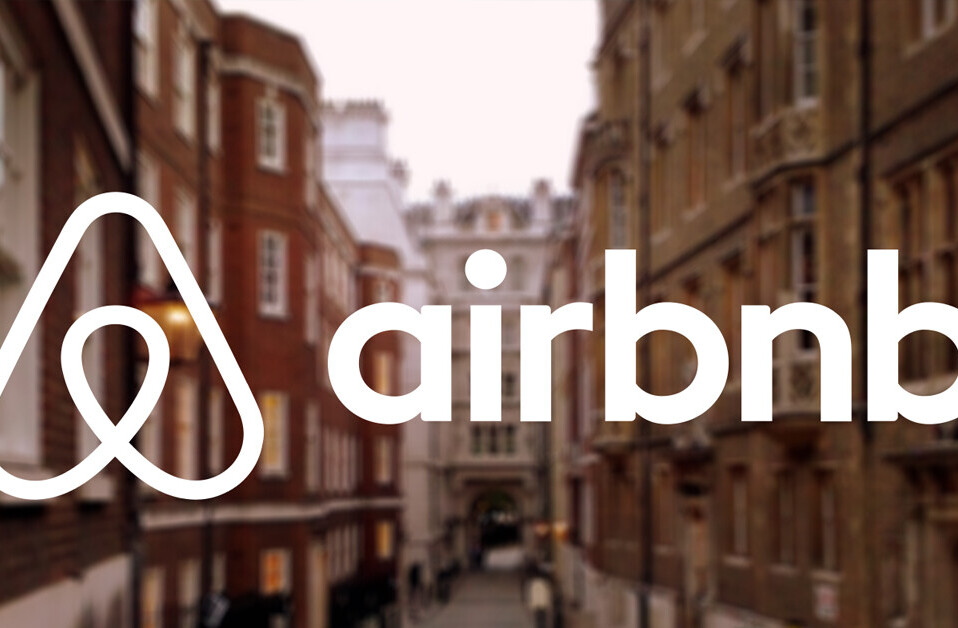
The New York City Environmental Control Board granted Airbnb a victory today when it reversed fines handed down to one of the service’s hosts in a case that has huge implications for those looking for more affordable and alternative places to stay in the city. According to the ruling, as long as a permanent occupant is present during the stay, it does not violate the city’s short term rental laws.
At issue was the case against Nigel Warren who lives in the East Village of New York City and was initially fined $2,400 by the Environmental Control Board to reimburse his landlord over renting out his apartment while Warren was away on travel. Apparently it was in violation of NYC’s multiple dwelling law.
But Airbnb stepped in to assist Warren, even though it wasn’t a party in the matter. It submitted legal arguments in support of the host. After the intial ruling, the company released a statement saying:
This decision runs contrary to the stated intention and the plain text of New York law, so obviously we are disappointed. But more importantly, this decision makes it even more critical that New York law be clarified to make sure regular New Yorkers can occasionally rent out their own homes. There is universal agreement that occasional hosts like Nigel Warren were not the target of the 2010 law, but that agreement provides little comfort to the handful of people, like Nigel, who find themselves targeted by overzealous enforcement officials.
It is time to fix this law and protect hosts who occasionally rent out their own homes. Eighty-seven percent of Airbnb hosts in New York list just a home they live in — they are average New Yorkers trying to make ends meet, not illegal hotels that should be subject to the 2010 law.
Today, the board bought the company’s arguments and has rescinded its fine against Warren.
The move could likely create opportunities for more hosts to open up their doors and allow people to rent out their space for temporary stays. Airbnb acknowledges that the law that affected Warren was to crack down on individuals and entities that sought to operate illegal hotels, but says that this isn’t what Airbnb is about.
Whether this decision will help the company in disputes in other cities remains to be seen. In June, it faced somewhat similar problems in Amsterdam, but that was quickly resolved.
Photo credit: LUCAS JACKSON/AFP/Getty Images
Get the TNW newsletter
Get the most important tech news in your inbox each week.



